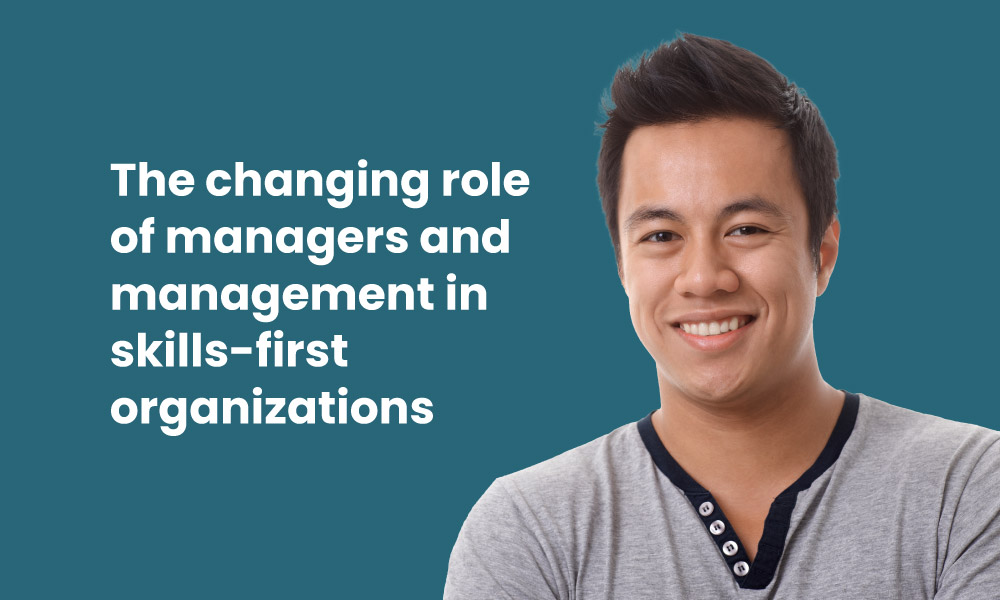I’m 53 years old and will soon come into a multi-million dollar sum that I need to manage properly for my retirement and for my children’s future. I’m not willing to just hand the reins over to anyone, but I also realize I’m not an experienced investor. I’d like to invest this money so it will continue to grow for all of us, but I don’t know where to begin. Any suggestions?—Lori
Figuring out how to invest a windfall to ensure long-term financial security can be a challenge at any time even for an experienced investor. But this isn’t just any time: interest rates have been rising, stocks have experienced some scary volatility lately and this bull market is looking a little long in the tooth as it enters its ninth year.
And, of course, you’re not a seasoned investor. So suffice it to say I think you’ve got your work cut out for you.
That said, if you go about this task in a thoughtful, methodical and disciplined manner — and are willing to seek help should you run into trouble — I think you should be able to invest this money in a way that can secure your retirement and perhaps your children’s future as well.
Here are four things I suggest you do to improve your chances of success:
1. Get a realistic handle on how much risk you’re willing to take.
If there’s one thing that differentiates a savvy investor from one who’s just winging it, it’s the ability to balance reward vs. risk. Clearly, you want to earn returns high enough to help you attain your financial goals. But you don’t want to take on so much risk that you expose yourself to losses you’re unable to manage.
It would be nice if you could anticipate market selloffs and bail out of stocks just before prices nosedive. But no one’s crystal ball is that good, at least not consistently. Instead, your goal should be to create a portfolio of stocks, bonds and cash that will allow you to participate in the gains when the market is doing well but also ride out market downturns during which stock prices can sometimes drop by half or more.
Your first step toward doing that is to carve out of your windfall enough cash for an emergency fund, basically enough so that a job layoff or large unexpected expense doesn’t force you to sell off investments and disrupt your long-term investing strategy. Whatever amount you decide is right to fund this emergency reserve, the money should go into investments that will hold their value even if the market gets hammered. I’m talking FDIC insured savings accounts, money-market accounts and short-term CDs. Yes, these cash equivalents pay very little. But security, not return, is your focus here (although you can still shoot for competitive returns by visiting sites like Bankrate, GoBankingRates and DepositAccounts).
Related: How should I invest my nest egg for maximum retirement Income?
As for investing the rest of your windfall, the key is deciding on a mix of stocks and bonds that will give you reasonable returns for the level of risk you’re willing to take. Achieving the right trade-off is a judgment call, but you can arrive at a blend of stocks and bonds that makes sense for you by going to this risk tolerance-asset allocation tool. The tool will suggest a mix of stocks and bonds and show you how various mixes have performed in the past.
That’s not to say you have to go with the tool’s exact recommendation. You can fine-tune it if you like. But except for occasional rebalancing, you should largely stick with whatever blend of stocks and bonds you go with. Don’t get into the habit of trying to shift your money around based on what you think (or what some market prognosticator predicts) the market is about to do.
2. Diversify, but don’t overdo it.
Once you know how you want to divvy up your windfall between stocks and bonds, you can focus on specific investments. Here, I recommend you keep it simple. The idea is to diversify so that you’re not overly dependent on the fortunes of just a few companies or sectors of the market, but at the same time not spread your money so widely that you have a hard time keeping track of and monitoring your investments.
There are a number of ways to get no muss-no fuss diversification. One is to create a portfolio of a few broad index funds. For example, combining a total U.S stock market and a total U.S. bond market index fund will give you exposure to virtually the entire U.S. stock and taxable bond markets. Throw in a total international stock and total international bond index fund and you’ll have a portfolio that’s broadly diversified both domestically and internationally. If you want to make things even simpler, you can invest in a lifecycle fund or target-date retirement fund, both of which do the allocation work for you by providing a pre-set mix of stocks and bonds based on your risk tolerance and/or age.
Related: 4 steps you should take when buying an annuity
You may be tempted to add even more investments to your portfolio. Indeed, some advisers contend that to navigate today’s markets you also need to own all manner of “alternative investments,” which could mean anything from commodity funds to private equity to cryptocurrency. My advice: tread very carefully. The more you start loading up your portfolio with niche investments, the harder it can be to manage, and you could end up di-worse-ifying rather than diversifying. Once you have a broadly diversified portfolio and cash reserve along the lines outlined above, I’d say the less you tinker with it, the better.
3. Hold the line on fees and expenses.
I can’t guarantee that sticking to low-fee investments will boost the returns you’ll earn. But Morningstar research on the predictive power of fees has shown that funds with low annual expenses generally outperform those with high costs. And by giving up less to fees and allowing more of your money to rack up gains and compound over the long term, the more money you may have for your retirement and, possibly, to pass on to your children.
Fortunately, it’s pretty simple to home in on low-fee investments these days. For example, you should have no trouble finding broad index funds that charge in the neighborhood of 0.25% or less a year vs. the 1% or more that many funds charge. And if you feel the need to look beyond index funds, you can single out actively managed funds with low expenses by revving up Morningstar’s Fund Screener.
4. Don’t be afraid to ask for help — but make sure you’re getting the right kind.
I get that you don’t want to turn over your windfall to an adviser. Still, given the amount of money involved here, it would be a shame if mistakes stemming from your inexperience were to jeopardize this shot at financial security for you and your family.
I’m not just talking about getting help with investments, although that’s probably the type of assistance that first comes to mind. You also need to think about a host of other planning issues, such as laying the groundwork for your eventual retirement, figuring out how much you can safely withdraw from your investment portfolio after you call it a career and arranging the best way to leave to your children any assets that may remain after you’re gone.
Getting help doesn’t mean you necessarily have to completely “turn over the reins,” as you say. Instead of paying someone to oversee your finances on an ongoing basis, you could instead go to an adviser for guidance on specific issues and pay by the hour. But whatever route you go, you’ll want to make sure that the amount you’re paying is reasonable — and that the person you’re dealing with is competent and trustworthy.






